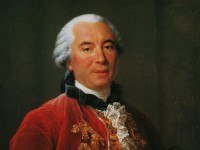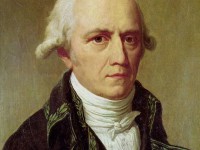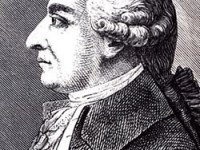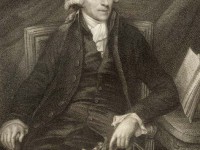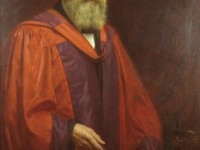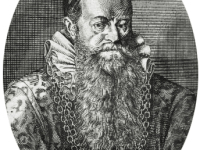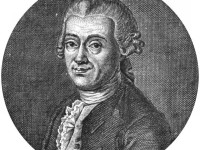Pierre André Latreille – The Prince of Entomologists
On November 29, 1762, French zoologist Pierre André Latreille was born. Latreille was considered the foremost entomologist of his time, and was described by one of his pupils as “the prince of entomologists“. Latreille made the first detailed classification of crustaceans and insects using a “natural method” of classification combining the approaches of Linnaeus and Fabricius.[3] Pierre André Latreille – Early Years Pierre André Latreille was born on November 29, 1762 in…
Read more


